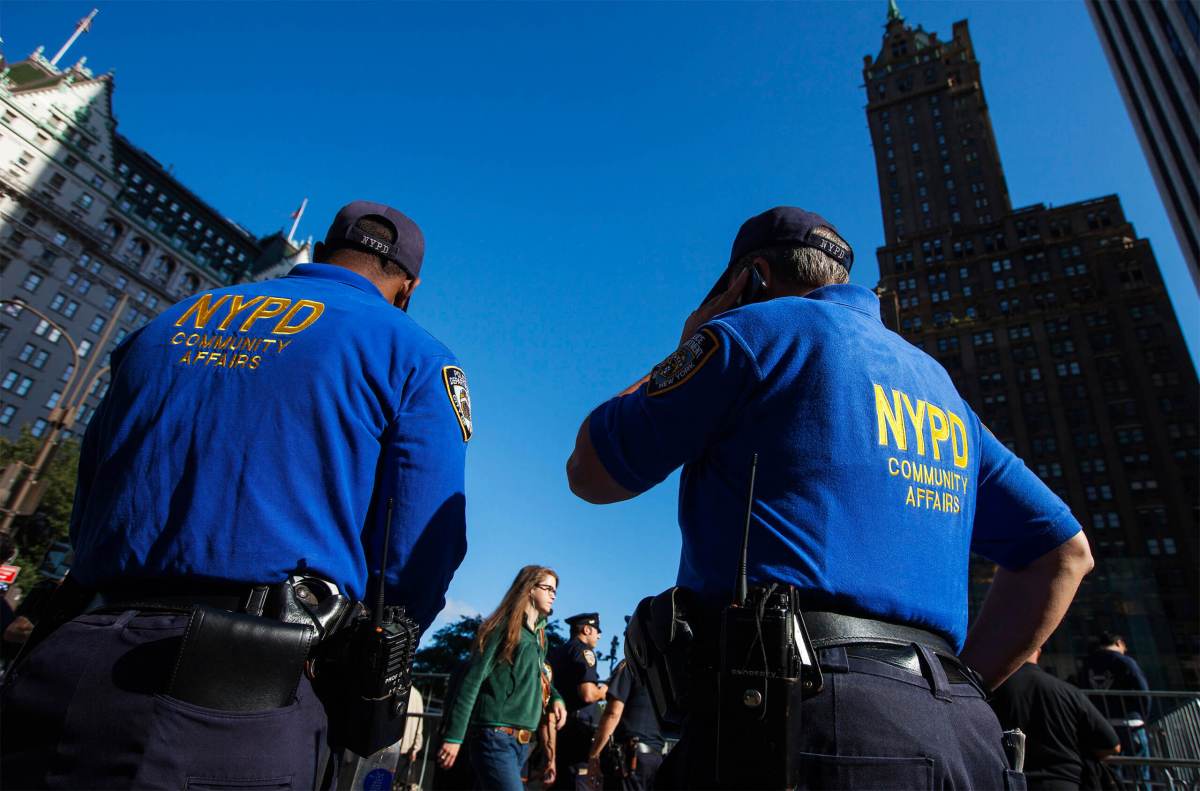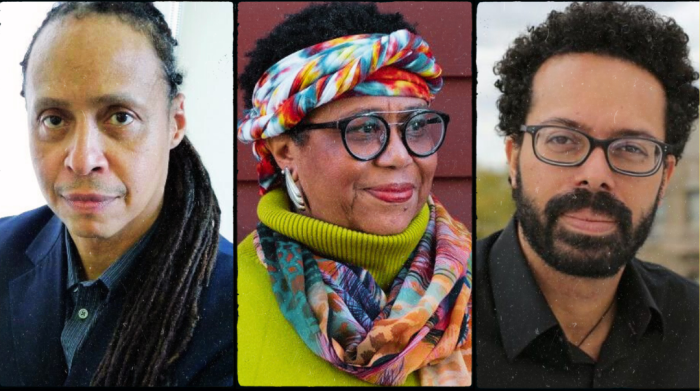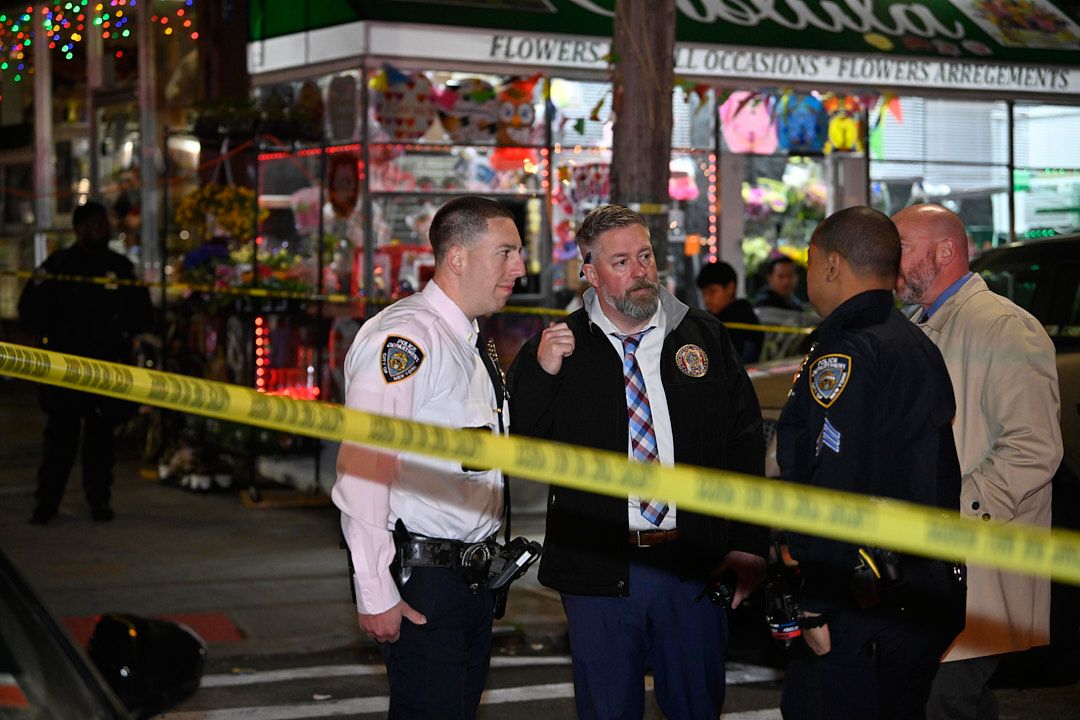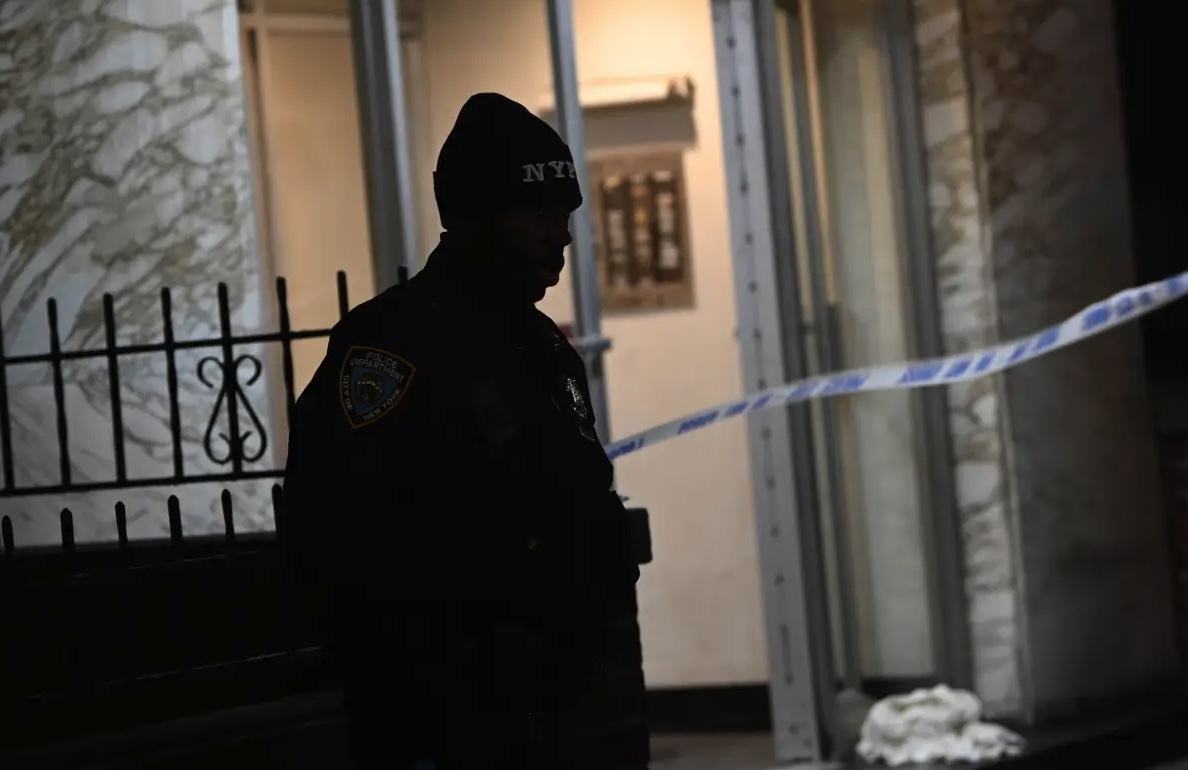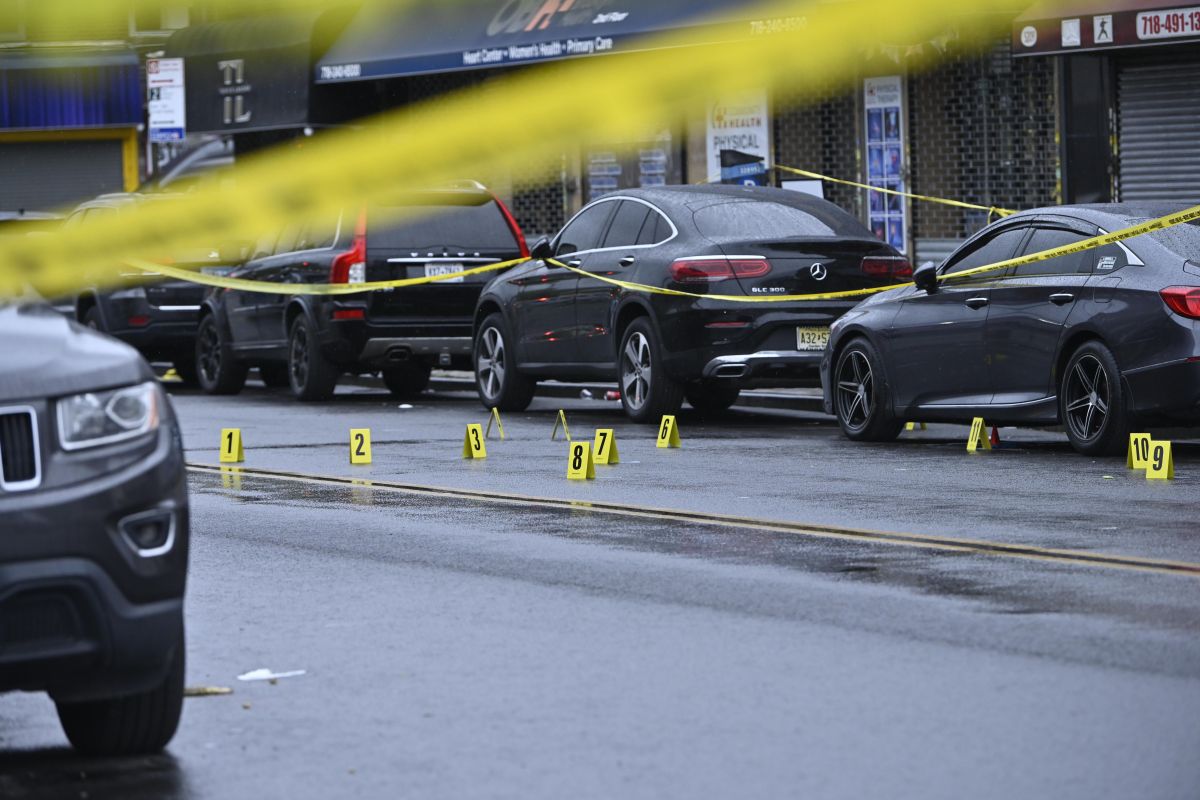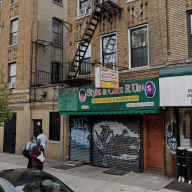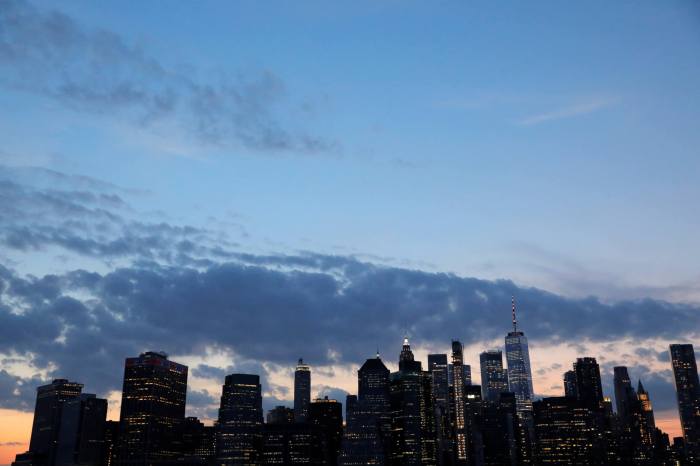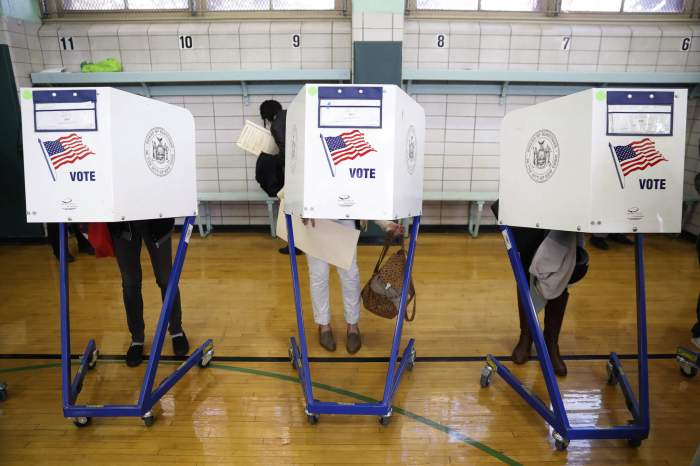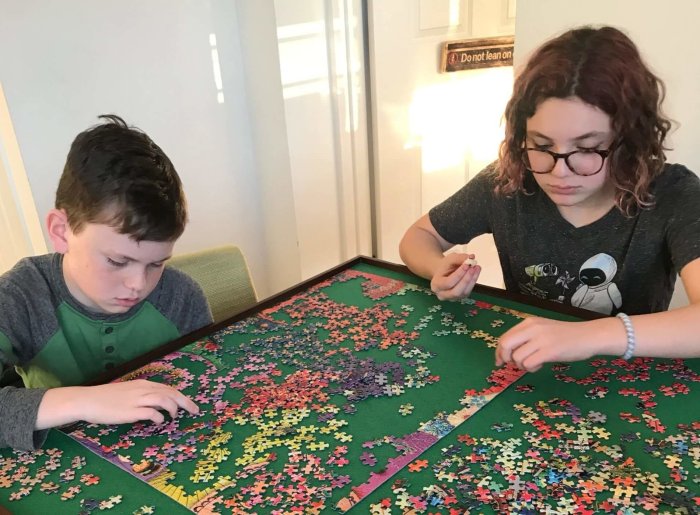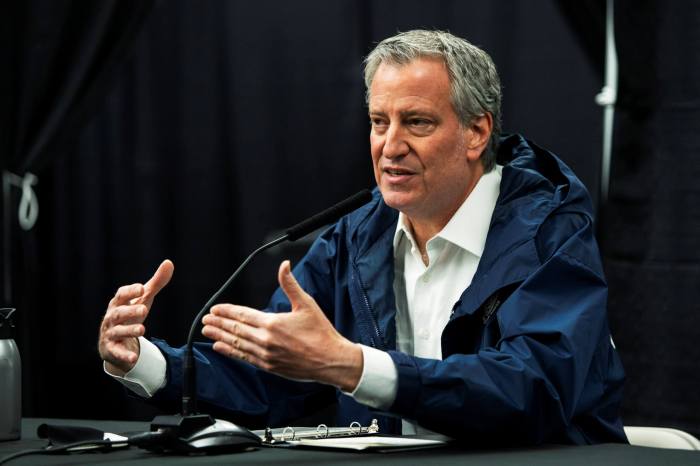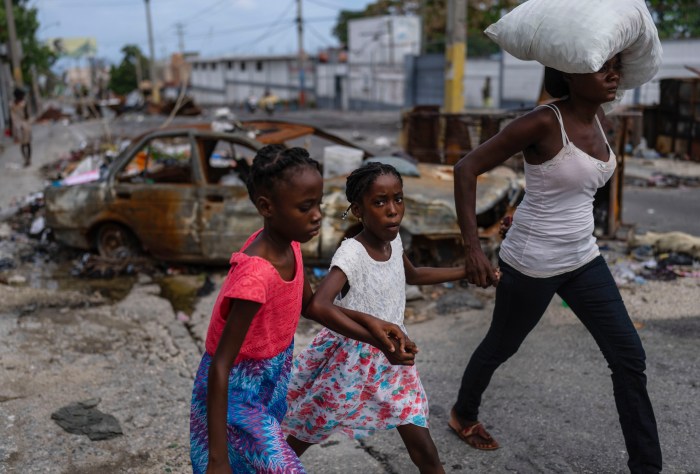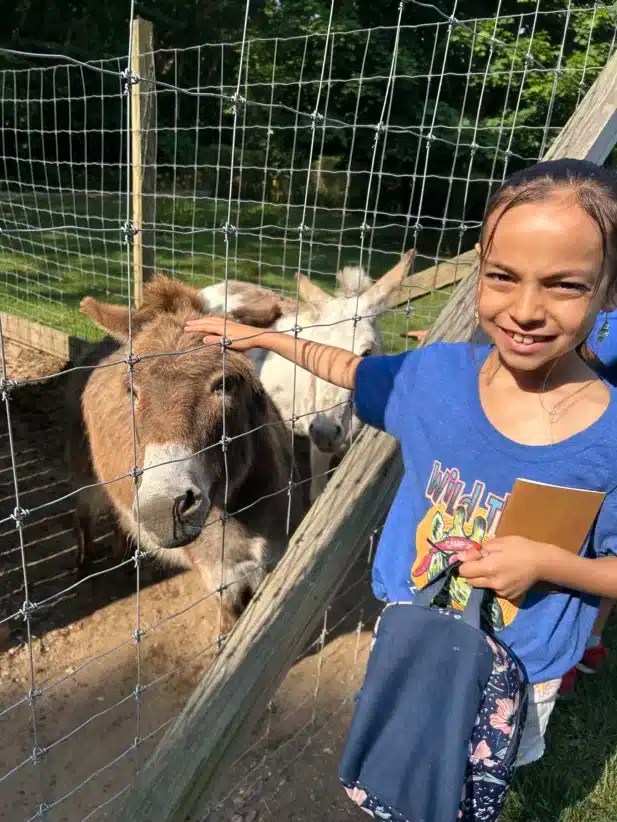A little more than a year ago, the world watched in horror as a Minneapolis police officer murdered George Floyd in broad daylight. It was an unspeakable outrage that sparked the greatest protest movement the nation has seen in years. Millions of Americans spoke out, demanding police reform, accountability, and racial and social justice.
Official statistics from last month showed that overall crime increased 22 percent in May 2021 compared to the same period last year — including a 73 percent increase in shootings, and a 98 percent increase in hate crimes. The heartbreaking shooting of 10-year-old Justin Wallace in his own home fueled new fears about an alarming rise in gun violence and violence over the past several months in New York City and across the country.
Crime and police reform: two urgently important issues that must be addressed comprehensively, and immediately.
Yet, our political discourse too often makes it difficult to find common sense solutions to bring us together and move forward. Some social justice advocates strenuously call for outright abolition of the police, while opponents to reform mislabel protestors as anti-police to block reforming and reimagining law enforcement.
Both approaches are flawed.
The truth is this: we must increase police accountability, address police culture, and achieve more criminal justice reform — all while protecting our communities from violent crime and stopping the scourge of gun violence.
These three priorities are not in tension, but rather they support each other. These priorities are important to create safe and secure neighborhoods, while ending the legacy of criminalizing communities.
We must invest more resources into community programs, culture-building initiatives, and social services. But we must also work in partnership with the police to deter crime and swiftly bring to justice those who commit violence in our neighborhoods.
I’ve dedicated my public service career to achieving this change. In the City Council I sponsored the Eric Garner Anti-Chokehold Act, the original bill to make police chokeholds illegal. I also fought to repeal what’s called ‘qualified immunity,’ so cops who use excessive force are held accountable. In addition, I authored the Kalief Browder Bill, which provides necessary counseling and social services for Rikers Island detainees, so no-one is left behind like Kalief was.
During the current legislative session, I fully supported the Police Reform Slate: a group of bills that includes a Mental Health Emergency Response Unit, removing police from unnecessary interactions while supporting the important work of police protecting all citizens. I fully support increased funding for social worker response units and similar programs to remove police from non-violent outreach.
But when a 10-year old child is shot in his own home by someone who is unafraid to brazenly fire a gun on a New York City street, we know that calls to defund or abolish the police are not serious public safety proposals. The answer to incidents of bad policing is not no policing — it’s good and better policing.
We can achieve good and better policing by continuing and expanding the current reform agenda. And we can do it by treating violence as a public health issue.
My vision is to use the convening powers of the Brooklyn Borough President’s office to bring together community leaders, activists, police and public safety officials, social workers, mental health professionals, and neighborhood representatives to create holistic strategies to the issues we are facing: rising gun violence, domestic violence, and hate crimes. Such strategies will feature smart, targeted, precise police deployments, as well as mental health support services, community intervention programs like cure violence, and true engagement with prevention organizations.
And we will address the culture of policing. It is time the NYPD changes with the communities it serves. Officers should reside in the neighborhoods they work in to increase the personal stake of cops in their communities, and so that interaction with their neighbors is proactive and positive. Criminals, not law abiding citizens, should fear our Finest. Ongoing professional development and community partnerships will help to ensure the police are seen as partners, not enemies.
We can and must deliver public safety, and reduce violent crime — especially gun violence. And we can do that while strengthening mutual trust and respect between police and communities, and achieving social and racial justice reform. It will take vision, leadership and action to get it done — and it’s the agenda I’ll fight for right out of the gate as your Brooklyn borough president.
Robert Cornegy represents Bedford-Stuyvesant and northern Crown Heights in the City Council, and is running for Brooklyn borough president.


